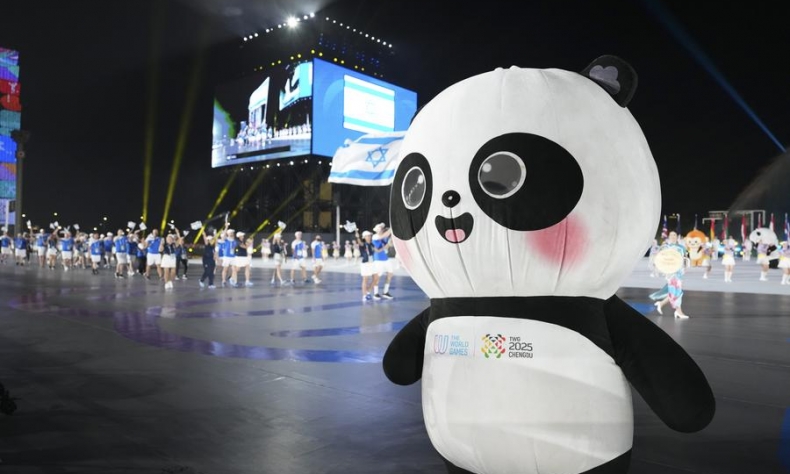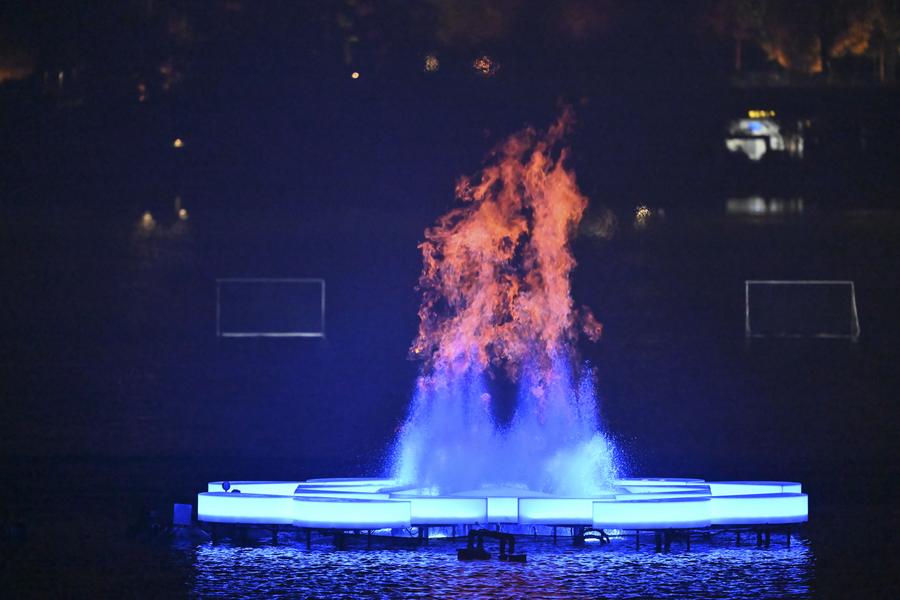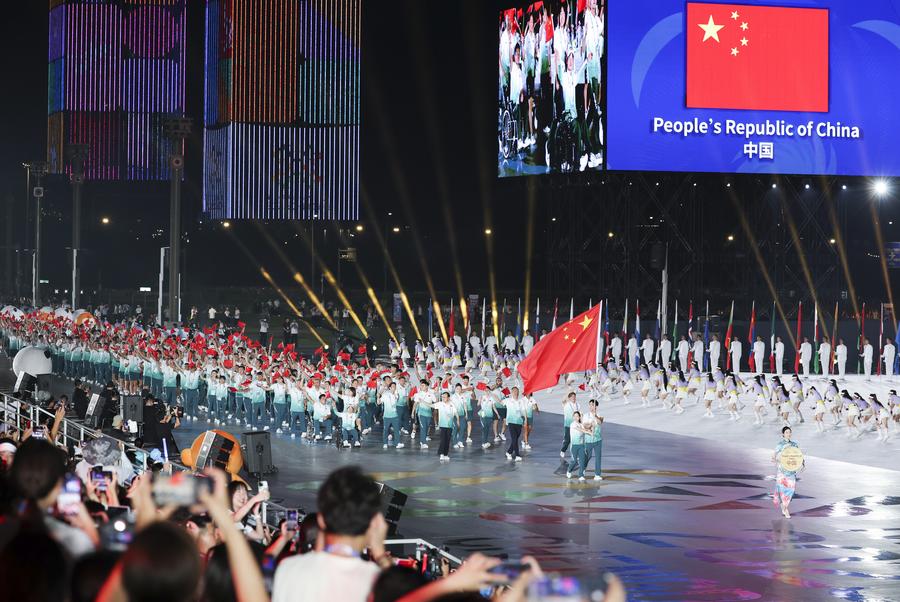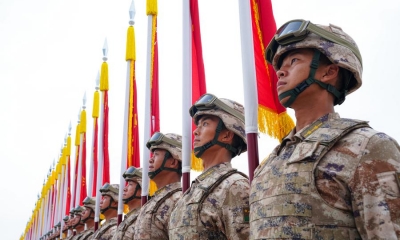Chengdu World Games Showing Best Features of International Sport

This year has set an important milestone: There are a record 6,679 participants, with almost 4,000 of them being athletes.
Mention the Olympics to someone, and that person is sure to know what you are talking about. Mention the World Cup, the pre-eminent football/soccer tournament to someone, and that person will know what you are talking about.
But the World Games? You might find yourself needing to offer an explanation to that person, no matter how serious a sports fan he or she might be.
The 2025 Games began on August 6 and will continue until August 17. The Chinese city of Chengdu is this year’s host, and that means the athletes, officials and guests from all over the world are also receiving an immersive experience in Chinese culture. In fact, Jose Perurena, the president of the International World Games Association, stated that Chengdu would host not only a major sports event but also a grand cultural festival.
One example of that: Ne Zha, the globally popular character that has been at the center of two animated movies, and friends were highlighted in a short promotional video, which included them singing “Boundless Sports, Countless Wonders,” the theme of this year’s Games. In a message that might have been intended for the athletes, Ne Zha and friends added: “Crush the sky, take the crown with devotion!”
The opening ceremony celebrated the Chengdu region and included multiple dance groups highlighting Chinese culture, a tribute to Sichuan opera face-changing and a recognition of the rich archaeological history of the area. The always spectacular lighting of the cauldron — a fixture of the Olympics — was added to the World Games this year. A top World Games official applauded that decision, noting that it would elevate the Games “global profile.”

Absent the white-hot media glare that accompanies many major international conflicts, the World Games can benefit from a real focus on celebrating sport and using it to foster world unity and global harmony. Such messages are critical right now; ongoing humanitarian crises and military conflicts taking place in multiple parts of the world, most notably in Gaza, have again reminded international audiences that hard power can often be used in the worst ways. Sport and culture are just two examples of soft power, providing opportunities for all of humanity to recognize and celebrate the best in people from across the globe.
Fans of international sport might remember that the unplanned interaction between U.S. and Chinese table tennis players at that sport’s world championships in 1971 broke the ice that had crippled relations between the two nations for decades. One of the Americans, Glenn Cowan, reportedly was asked if he would like to visit China: “Would you like to go there?” Cowan’s answer? “Of course.” He and his teammates eventually did.
With all due respect to Cowan, someone more geopolitically important also wanted to “go there.” In fact, one year later, U.S. president Richard Nixon made his monumentally important visit to China, a trip that set in motion the eventual establishment of diplomatic relations between Washington and Beijing and opened the door for China to resume its legitimate seat and become a pivotal player in the United Nations.
There might not be an awe-inspiring moment like Cowan experienced in 1971 this year in Chengdu. But there does not need to be: The simple reality that the competitors and observers are enjoying a respite from the crises that dominate the headlines. They are celebrating sport. They are acknowledging the importance of respect for peoples from all over the world.

The World Games do have a lengthy history; the first competition was held more than 40 years ago. They take place every four years, and the contested sports do not appear in either the Winter or Summer Olympics. The 2025 program includes sports as diverse as billiards, ju-jitsu, squash and tug of war. It is also important to note another element associated with the World Games: Organizers do not build new facilities, instead using existing arenas and other competition venues. The results of such a choice are obvious: The costs of the World Games are millions, if not billions, of dollars less than other global sport competitions, the disruption to citizens is kept to a minimum and the environment also benefits.
The World Games this year have set an important milestone: There are a record 6,679 participants, with almost 4,000 of them being athletes. A total of 256 events across 34 sports are on the program. Another record has been set in 2025: The Chinese delegation includes 489 people, 321 of whom are athletes. Never before has China been represented by a larger group.
The 2029 World Games will return to Karlsruhe, Germany, which hosted the same event in 1989.
The opinions expressed in this article are solely those of the author and do not necessarily reflect the views of Robert Morris University or China Focus.
 Facebook
Facebook
 Twitter
Twitter
 Linkedin
Linkedin
 Google +
Google +







